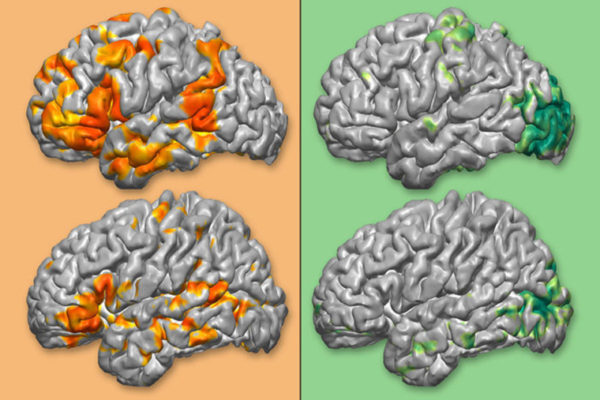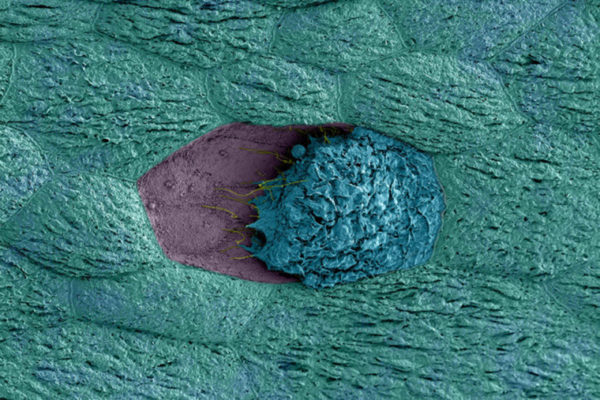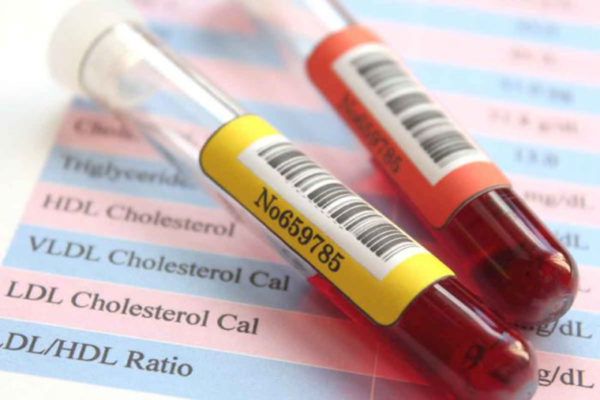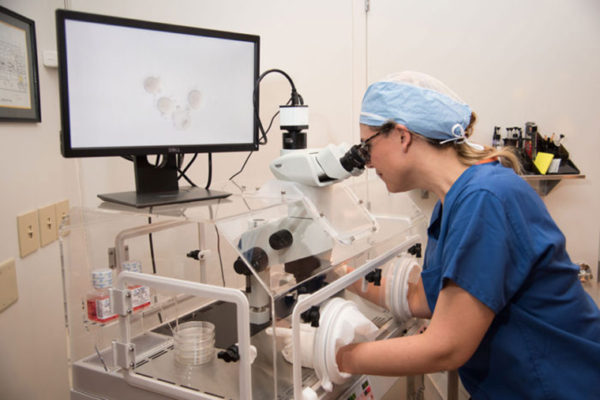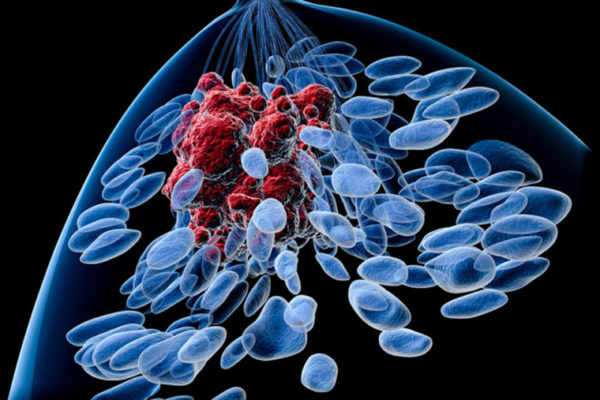$3.5 million funds study aimed at applying precision medicine to rare tumor disorder
David H. Gutmann, MD, PhD, an international leader in neurofibromatosis research, received a $3.5 million grant to study why people with a genetic mutation that causes the genetic disorder known as NF1 develop markedly different signs and symptoms.
Brownson awarded $2.6 million grant for cancer research
Washington University health researcher Ross Brownson has received a five-year, $2.6 million grant from the National Cancer Institute of the National Institutes of Health (NIH) for a study examining poor implementation of cancer-control programs.
$3.6 million to fund personalized 3-D brain maps to guide neurosurgeries
A $3.6 million grant will fund a collaboration between School of Medicine researchers and the maker of a neurosurgery navigational system. They will create a software program to build personalized 3-D maps of the location of brain function.
Study reverses thinking on genetic links to stress, depression
New research led by the School of Medicine shows that an influential 2003 study about the interaction of genes, environment and depression may have missed the mark.
Vaginal bacteria can trigger recurrent UTIs, study shows
About half of all women will experience urinary tract infections in their lifetimes, and despite treatment, about a quarter will develop recurrent infections within six months of initial infection. A new study at the School of Medicine has uncovered a trigger of recurrent UTI infections: a type of vaginal bacteria that moves into the urinary tract.
Proliferation of marijuana ads alarms addiction researchers
As more states have legalized marijuana, advertising for the drug has become more common. In a new study, researchers at Washington University School of Medicine in St. Louis report that more than half of young pot users they surveyed have seen marijuana ads — either online or in more traditional forms of advertising such as billboards and print media.
Detecting, diagnosing women’s cancers in new ways
The National Institutes of Health has awarded a Washington University in St. Louis faculty member in the School of Engineering & Applied Science a total of $1.3 million to study new imaging techniques designed to better fight breast and ovarian cancers.
Genetic errors associated with heart health may guide drug development
Natural genetic changes can put some people at high risk of certain conditions, such as breast cancer, Alzheimer’s disease or high blood pressure. But in rare cases, genetic errors also can have the opposite effect, protecting individuals with these helpful genetic mistakes from developing common diseases. A new study of such “beneficial” genetic mutations, led by the School of Medicine, may provide guidance on the design of new therapies intended to reduce the risk of heart attacks.
Insurance coverage for IVF increases chance of having baby
Women who pursue in vitro fertilization (IVF) to become pregnant are more likely to give birth if they have health insurance that covers the procedure, according to new research at the School of Medicine. The key reason is financial rather than medical: The high cost for one procedure prohibits many women from seeking a second if the first attempt fails.
Rogue breast tumor proteins point to potential drug therapies
Studying mice with breast tumors transplanted from patients, researchers at Washington University School of Medicine in St. Louis, The Broad Institute of MIT and Harvard, and Baylor College of Medicine have analyzed the proteins present in these tumors. Some protein alterations can be used to identify drugs that may work against some cancers.
Older Stories


